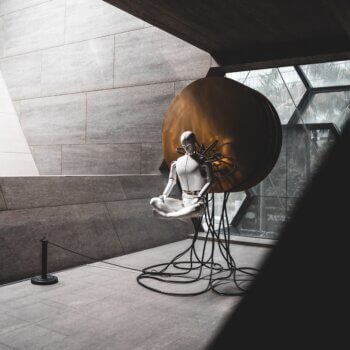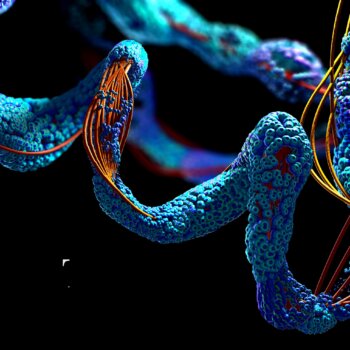Philosophers have historically treated the problem of knowledge as establishing the conditions for personal “justified true belief” in the presence of philosophical skepticism and relativism. Epistemologists since Plato‘s Theatetus have developed a bewildering number of theories of knowledge.
Second only to Kant ‘s “scandal” that philosophers cannot logically prove the existence of the external world, it is scandalous that professional philosophers are in such profound disagreement about what it means to know something. They may not all be wrong, but very few of them are likely to be right.
This is especially dismaying for those epistemologists who still see a normative role for philosophy that could provide a foundation, perhaps even a priori, for scientific or empirical, a posteriori knowledge.
In recent years, professional epistemologists have been reduced to quibbling over clever sophistical examples and counterexamples that defeat the reasoned justifications for true beliefs.Information Epistemology avoids the traditional identification of knowledge with belief. Belief is a psychological state that may be disjunct from knowledge. We may empirically verify that a person knows something by analyzing her behavior, without her consciously articulating or holding a belief in that knowledge. A famous example is knowing the grammatical rules for one’s language without being able to state those rules. Those rules have been learned tacitly, by multiple trials and errors, and stored in a person’s mind.Human knowledge is information stored in the mind and in human artifacts like stories, books, buildings, and internetworked computers. Knowledge is information that forms the basis for human thoughts and actions. Among the sources of knowledge are theories and experiments of natural scientists, who collaborate to establish our knowledge of the external world, social scientists who study our cultures, and psychologists, cognitive scientists, and neuroscientists, who investigate our personal worlds.
Since information is also stored in animal minds, we can escape the exceptionalist fiction that only humans can have knowledge. Where humans are exceptional is their ability to communicate their knowledge – and their reasons for their beliefs – symbolically by means of language. This is why Plato described the justification condition as a reasoned account (λόγος). For him, true opinion accompanied by reason is knowledge. (δόξαν ἀληθῆ μετὰ λόγου ἐπιστήμην εἶναι, Theatetus, 202C) Information is stored or encoded in structures. Structures in the natural world build themselves, following natural laws, including physical and biological laws. Structures in the mind are partly built by biological processes and partly built by human intelligence, which is free, creative, and unpredictable.To the extent of the correspondence, the isomorphism, the one-to-one mapping, between structures (and processes) in the world and representative structures in our minds, we can claim to have knowledge of the world, and of other minds.
In Information Philosophy, knowledge is information that is “actionable,” meaning that if we act on the basis of the information our actions will have fruitful consequences. The validity or “truth” of knowledge is to be found in those consequences.
Note that a large amount of the sum of human knowledge is now stored external to minds. Stored Knowledge and the Cosmic Creation ProcessWhen information is stored in any structure, from galaxies to minds, two fundamental physical processes occur. First is a collapse of a quantum mechanical wave function. Second is a local decrease in the entropy corresponding to the increase in information. Entropy greater than that must be transferred away to satisfy the second law.These quantum level processes introduce noise. Information stored may have errors. When information is retrieved, it is again susceptible to noise, This may garble the information content. In information science, noise is generally the enemy of information. But some noise is the friend of freedom, since it is the source of novelty, of creativity and invention, and of variation in the biological gene pool. Too much noise is simply entropic and destructive, so the cosmic creation process must not be overcome by the chaos. Biological systems have maintained and increased their invariant information content over billions of generations. Humans increase our knowledge of the external world, despite logical, mathematical, and physical uncertainty. Both do it in the face of noise. Both do it with sophisticated error detection and correction schemes. The scheme we use to correct human knowledge is science, a combination of freely invented theories and adequately determined experiments.





























